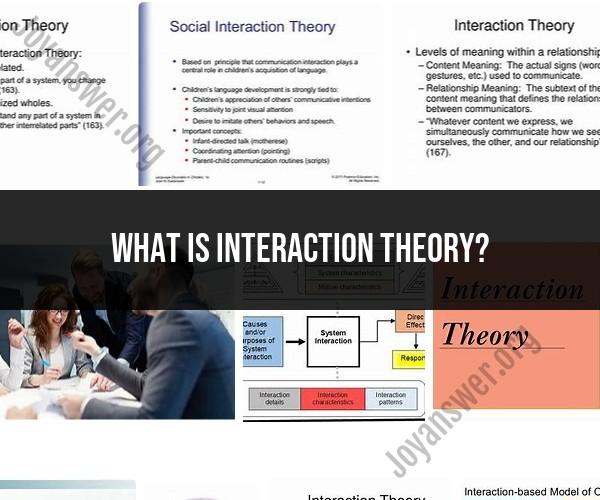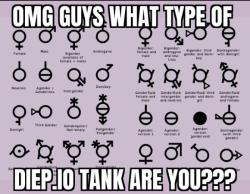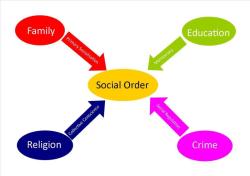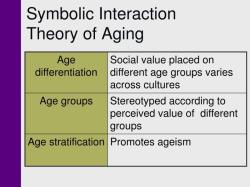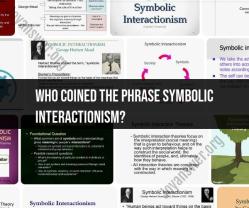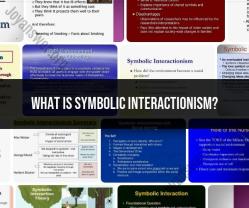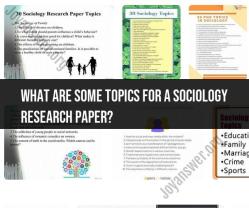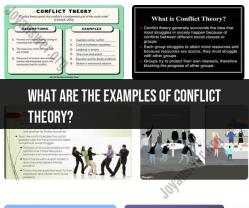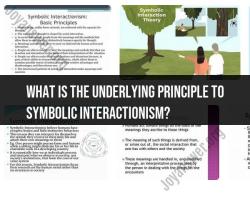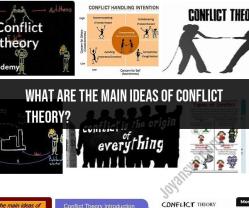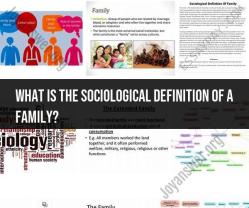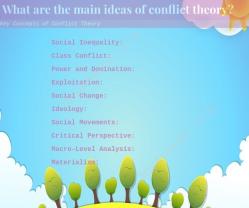What is interaction theory?
Interaction theory is a concept within the social sciences that focuses on the ways in which individuals or groups interact with each other and the impact these interactions have on their behavior and relationships. It's a framework used in various disciplines, including sociology, psychology, communication studies, and anthropology, to understand social dynamics and human behavior. Interaction theory is not a single, uniform theory but rather a broad category that encompasses various theories and perspectives. Some key elements and concepts associated with interaction theory include:
Symbolic Interactionism: Developed by sociologists George Herbert Mead and Herbert Blumer, symbolic interactionism emphasizes the role of symbols and language in shaping human interactions. It suggests that individuals create and interpret symbols, such as words and gestures, to assign meaning to their experiences and communicate with others. Symbolic interactionism highlights the importance of the "self" and the process of "role-taking" in understanding social interactions.
Social Exchange Theory: This theory, rooted in economics and psychology, examines social interactions as exchanges of resources. It posits that individuals engage in relationships and interactions that provide them with the greatest benefits while minimizing costs. The theory often explores concepts like reciprocity and the balance of power in social exchanges.
Dramaturgical Theory: Developed by sociologist Erving Goffman, dramaturgical theory treats social interactions as performances on a stage. Goffman suggests that individuals adopt various roles and behaviors in different social contexts to manage their impressions and influence how others perceive them. He coined the term "impression management" to describe this process.
Social Construction of Reality: Interaction theorists, including Peter Berger and Thomas Luckmann, argue that reality is not an objective and fixed concept but rather a product of social interactions. They assert that individuals and groups collectively construct and define reality through their interactions and shared meanings.
Constitutive Rules and Regulative Rules: Interaction theory often delves into the concepts of constitutive and regulative rules. Constitutive rules define what counts as a particular type of action or behavior, while regulative rules govern how interactions should proceed. These rules shape the structure and dynamics of social interactions.
Face Negotiation Theory: Developed by Stella Ting-Toomey, this theory examines how individuals from different cultures manage and negotiate their self-presentation and face-saving in interactions. It explores the dynamics of conflict resolution and communication styles.
Frontstage and Backstage Behavior: In line with Goffman's dramaturgical theory, this concept distinguishes between how individuals behave in the public "frontstage" of interactions and how they act in the more private "backstage" setting.
Interaction theory is valuable for understanding how humans create, maintain, and transform their social worlds through communication and behavior. It offers insights into topics such as identity, relationships, language, and social norms. Researchers and social scientists use interaction theory to explore and analyze the complexities of everyday social interactions and the dynamics of society.
Interaction Theory: Understanding Its Foundations
Interaction theory is a theoretical approach that focuses on the social interactions that take place between people and how these interactions influence their thoughts, feelings, and behaviors. Interaction theory is based on the premise that people are not simply passive observers of the world around them, but rather active participants in it.
Interaction theory has its roots in a variety of disciplines, including sociology, psychology, and anthropology. Some of the key founders of interaction theory include George Herbert Mead, Erving Goffman, and Harold Garfinkel.
The Essence of Interaction Theory: A Comprehensive Look
Interaction theory is concerned with a wide range of topics, including:
- How people communicate with each other
- How people develop their sense of self
- How people construct social reality
- How people manage their interactions in different social contexts
One of the key concepts in interaction theory is the idea of social roles. Social roles are the expectations that are attached to different social positions. For example, the social role of a teacher is to educate students, while the social role of a student is to learn from the teacher.
Interaction theory also focuses on the importance of language. Language is the tool that people use to communicate with each other and to construct shared meaning. Interactionists believe that language plays a vital role in shaping our thoughts, feelings, and behaviors.
Human Interaction and Communication: Insights from Interaction Theory
Interaction theory provides a number of insights into human interaction and communication. For example, interaction theory suggests that communication is a two-way process. It is not simply about conveying information from one person to another. Rather, communication is a process of interaction in which both parties are involved in constructing meaning.
Interaction theory also suggests that communication is influenced by the social context in which it takes place. For example, the way that we communicate with our friends is likely to be different from the way that we communicate with our teachers.
Conclusion
Interaction theory is a valuable theoretical approach for understanding human interaction and communication. By understanding the principles of interaction theory, we can improve our ability to communicate effectively and to build strong relationships with others.
